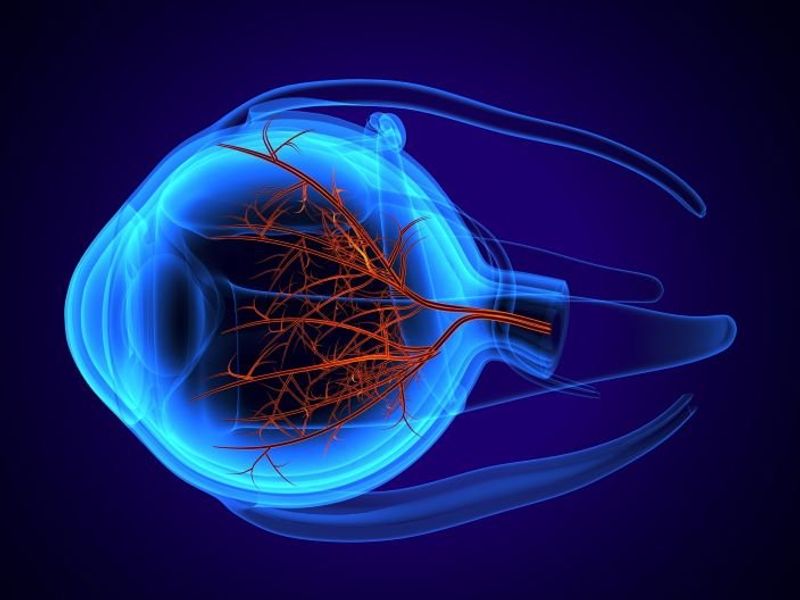Bespoke and code-free deep learning models can discriminate healthy retinal images from ones with features of pre-plus or plus disease
By Elana Gotkine HealthDay Reporter
MONDAY, May 22, 2023 (HealthDay News) — Bespoke and code-free deep learning (CFDL) models can discriminate healthy retinal images from those with features of pre-plus or plus disease, indicating retinopathy of prematurity (ROP), according to a study published online April 21 in The Lancet Digital Health.
Siegfried K. Wagner, M.D., from the NIHR Moorfields Biomedical Research Center in London, and colleagues conducted a retrospective cohort study using retinal images from 1,370 neonates admitted to a neonatal unit between 2008 and 2018. Bespoke and CFDL models were developed; performance was assessed internally on 200 images and then validated externally on 338 retinal images from four separate datasets from the United States, Brazil, and Egypt (Retcam images) and India (images from the 3nethra neo device).
The researchers found that the bespoke model had an area under the curve (AUC) of 0.986 and the CFDL model had an AUC of 0.989 on the internal test set for the discrimination of healthy versus pre-plus or plus disease. On external validation test sets acquired using the Retcam, both models generalized well for discriminating healthy from pre-plus or plus disease (bespoke range, 0.975 to 1.000; CFDL range, 0.969 to 0.995). For discriminating pre-plus disease from healthy or plus disease in the U.S. dataset, the CFDL model was inferior to the bespoke model (CFDL: 0.808; bespoke: 0.942). When tested on the 3nethra neo imaging device, performance was also reduced (CFDL: 0.865; bespoke: 0.891).
“Although further validation and studies of effectiveness across different populations are needed before deployment, deep learning might provide a tool for mitigating the risk of lifelong sight impairment in these young patients,” the authors write.
Several authors disclosed ties to the pharmaceutical industry.
Copyright © 2023 HealthDay. All rights reserved.








